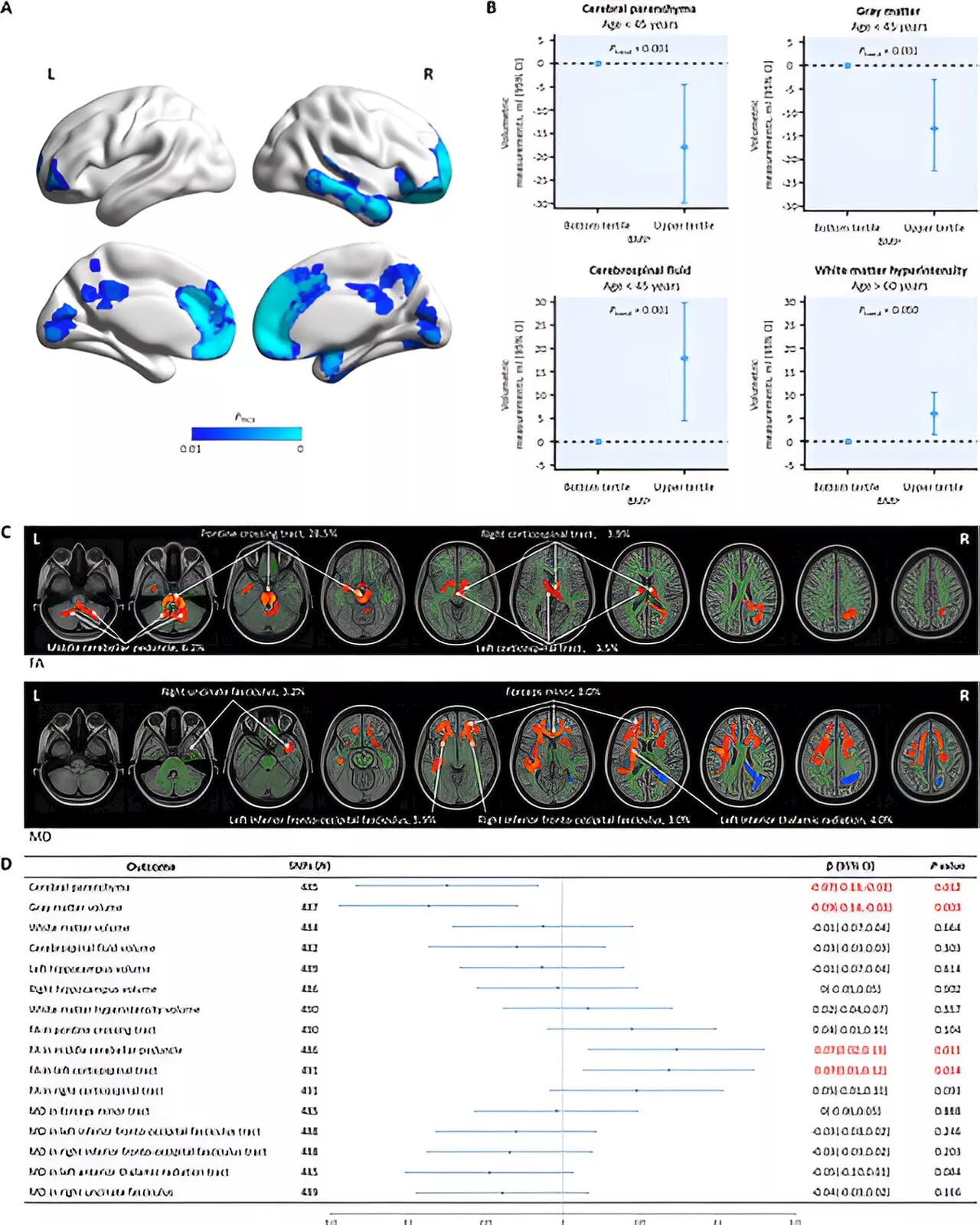A recent study in Appetite found that higher BMI is associated with an increased risk of progressing from binge-eating behavior to binge-eating disorder among U.S. adolescents. The findings emphasize the importance of early screening and intervention.
By Dr. Priyom Bose, Ph.D.May 28 2024Reviewed by Benedette Cuffari, M.Sc. A recent study published in the journal Appetite investigates the extent to which body mass index is associated with progression from binge-eating behavior to binge- eating disorder .
Importantly, an individual can engage in binge eating behaviors, which are relatively less severe than BED. In fact, among adolescents in the U.S., the prevalence of binge-eating behaviors is 2.5%. There remains a lack of data on the potential relationship between BMI and the progression of binge-eating behavior to BED. To this end, the central hypothesis of the current study was that BMI should be associated with a higher risk of BED, irrespective of individuals' binge-eating behavior.
BMI was also found to be a risk factor for BED, including among those already exhibiting binge-eating behaviors. The risk of BED onset was particularly increased among those with BMIs in the 85th percentile or higher. The transdiagnostic cognitive behavioral theory states that strict dieting and weight-control behaviors arise from an overemphasis on weight/shape/eating, which could encourage binge eating. Weight-related teasing by others could also increase the risk of different forms of disinhibited eating and binge-eating behavior among youth.
Eating Disorder Body Mass Index Brain Dieting Food Research
United Kingdom Latest News, United Kingdom Headlines
Similar News:You can also read news stories similar to this one that we have collected from other news sources.
 High BMI linked to reduced brain volume and increased white matter lesionsA recent study published in Health Data Science reveals the significant impact of high cumulative body mass index (BMI) on brain health.
High BMI linked to reduced brain volume and increased white matter lesionsA recent study published in Health Data Science reveals the significant impact of high cumulative body mass index (BMI) on brain health.
Read more »
BMI threshold for obesity in older people should be lowered, researchers sayLowering the figure from 30 could help monitor people at risk of obesity-related conditions, such as diabetes.
Read more »
 Study supports lower BMI threshold for obesity in those over age 40The internationally recognized body-mass index (BMI) cutoff point for obesity may not be appropriate for middle-aged and older men and women (aged 40–80 years), according to research being presented at this year's European Congress on Obesity (ECO) in Venice, Italy (12-15 May).
Study supports lower BMI threshold for obesity in those over age 40The internationally recognized body-mass index (BMI) cutoff point for obesity may not be appropriate for middle-aged and older men and women (aged 40–80 years), according to research being presented at this year's European Congress on Obesity (ECO) in Venice, Italy (12-15 May).
Read more »
BMI threshold for obesity in older people should be lowered, researchers sayLowering the figure from 30 could help monitor people at risk of obesity-related conditions, such as diabetes.
Read more »
 Study proposes lower BMI cut-off for obesity in adults over 40The internationally recognized body-mass index (BMI) cut-off point for obesity may not be appropriate for middle-aged and older men and women (aged 40-80 years), according to research being presented at this year's European Congress on Obesity (ECO) in Venice, Italy (12-15 May).
Study proposes lower BMI cut-off for obesity in adults over 40The internationally recognized body-mass index (BMI) cut-off point for obesity may not be appropriate for middle-aged and older men and women (aged 40-80 years), according to research being presented at this year's European Congress on Obesity (ECO) in Venice, Italy (12-15 May).
Read more »
 Study finds link between BMI trajectories and fracture risk in late adulthoodA recent study published in Osteoporosis International sheds new light on the relationship between body mass index (BMI) trajectories during middle adulthood and the risk of bone fractures in late adulthood.
Study finds link between BMI trajectories and fracture risk in late adulthoodA recent study published in Osteoporosis International sheds new light on the relationship between body mass index (BMI) trajectories during middle adulthood and the risk of bone fractures in late adulthood.
Read more »
